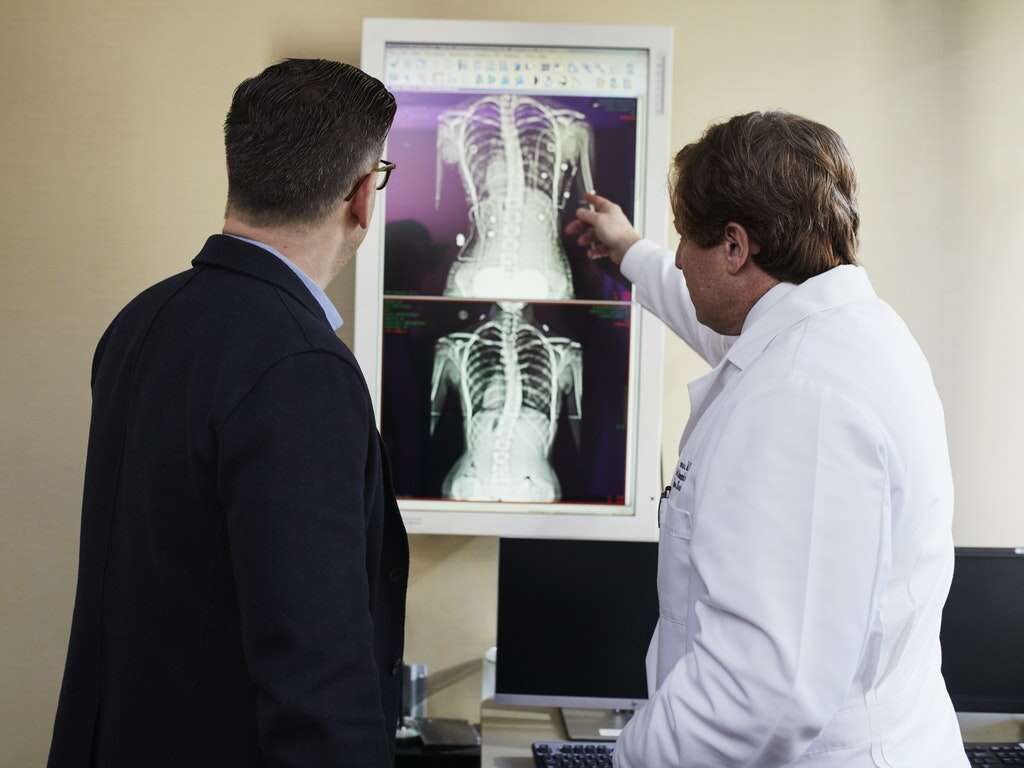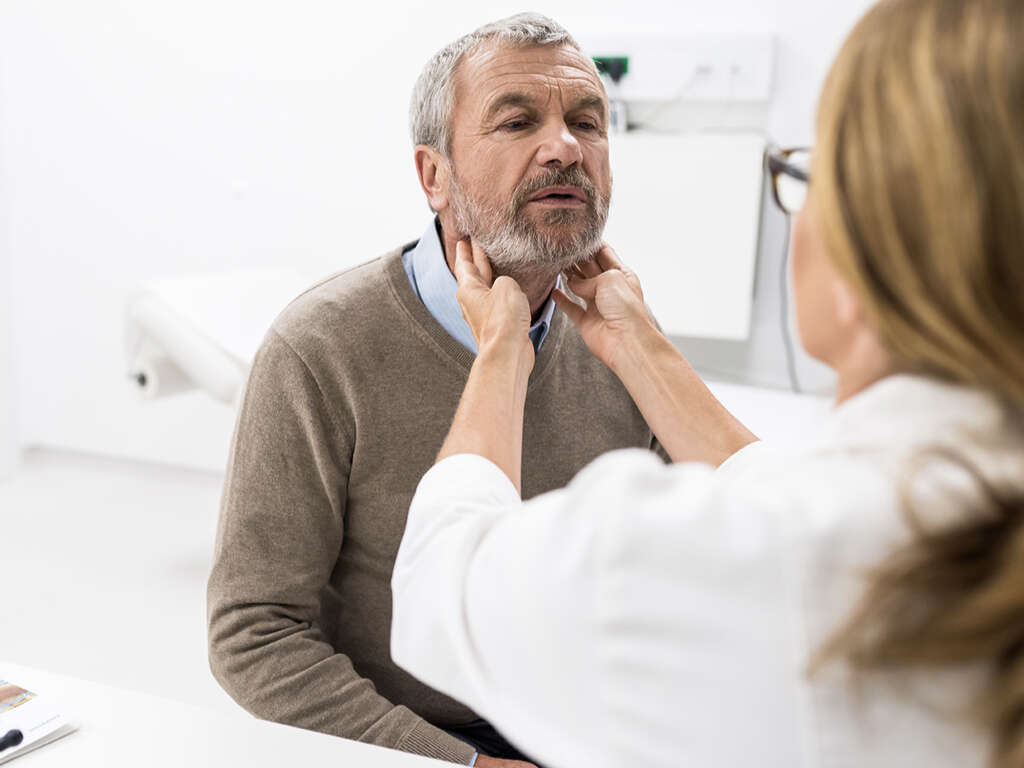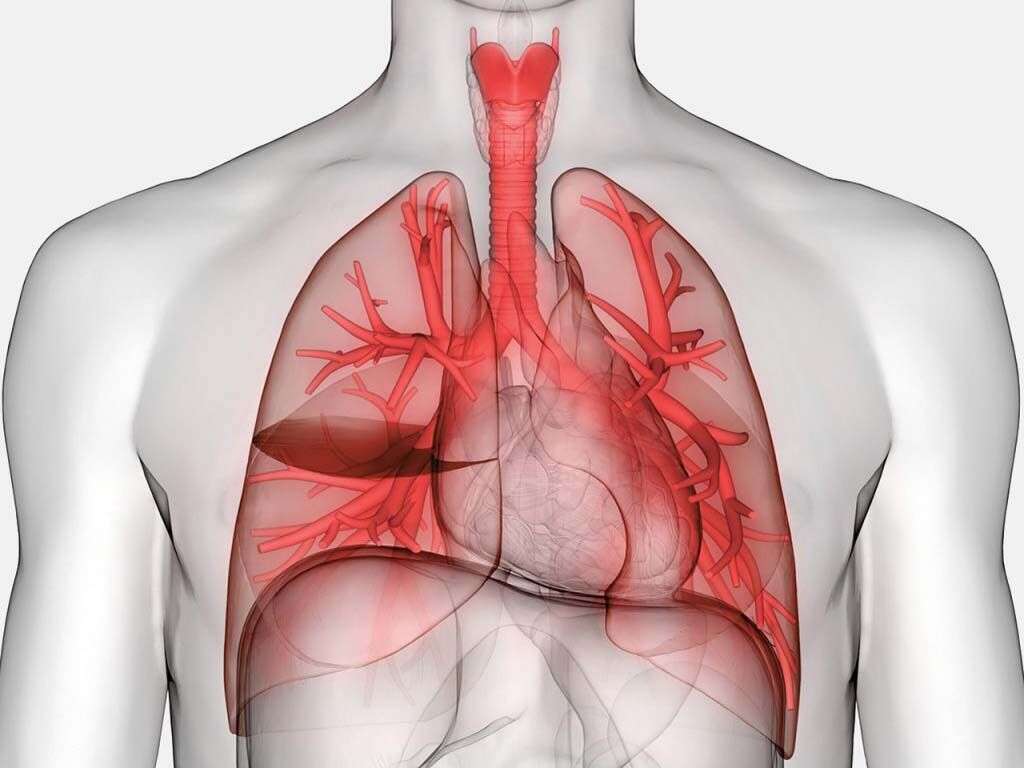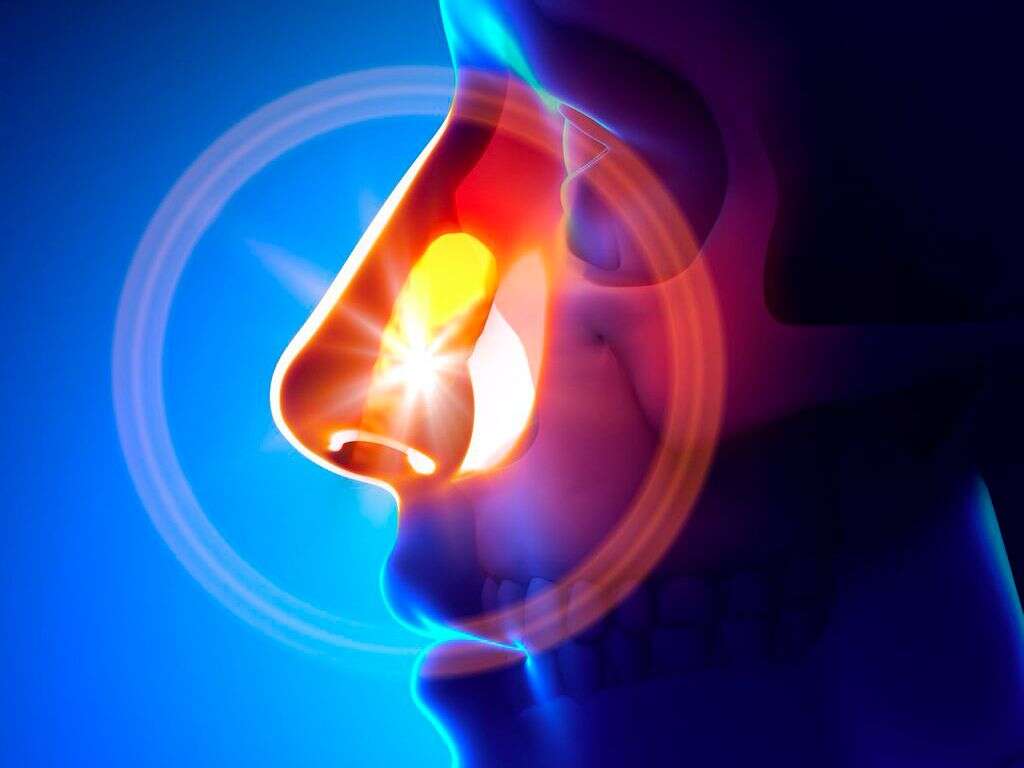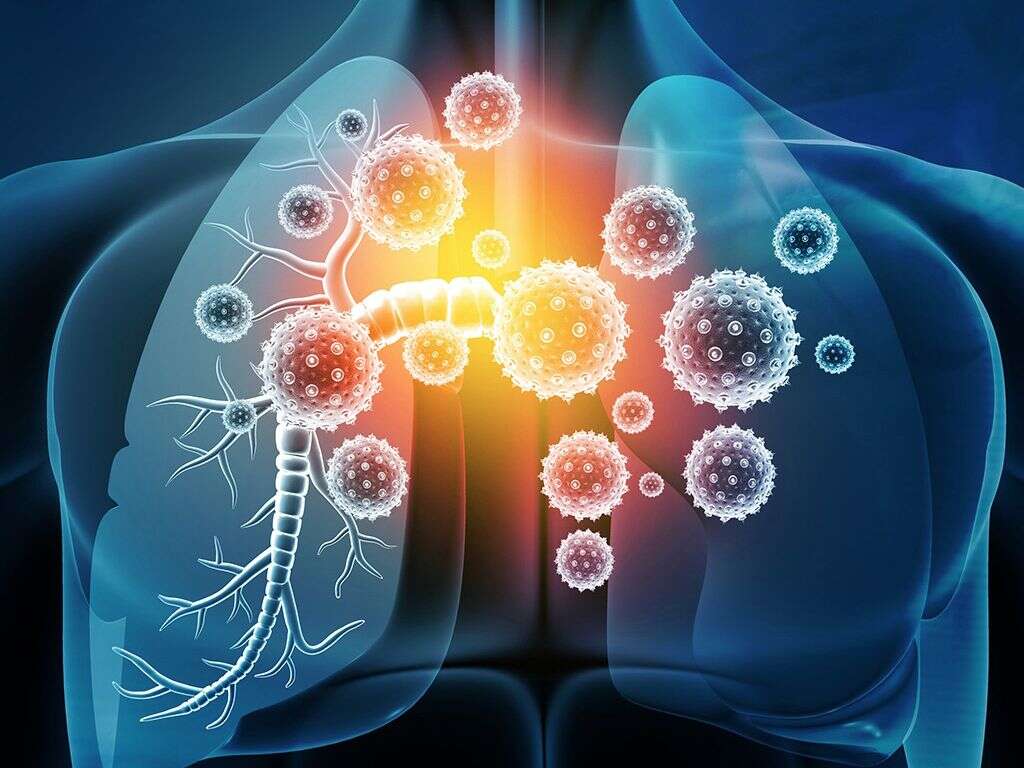10 Fluid In Lungs Symptoms
 Article Sources
Article Sources
- 1. 'Pulmonary Edema.' Mayo Clinic, www.mayoclinic.org/diseases-conditions/pulmonary-edema/symptoms-causes/syc-20377009
- 2. 'Pulmonary Edema.' MedlinePlus, U.S. National Library of Medicine, medlineplus.gov/ency/article/000140.htm
- 3. 'Pulmonary Edema.' Mount Sinai Health System, www.mountsinai.org/health-library/condition/pulmonary-edema
- 4. Team, Heart and Vascular. 'Persistent Cough? It May Be a Sign of Heart Failure.' Health Essentials from Cleveland Clinic, health.clevelandclinic.org/persistent-cough-it-may-be-a-sign-of-heart-failure
- 5. Cyanosis By Rebecca Dezube, et al. 'Cyanosis - Lung and Airway Disorders.' Merck Manuals Consumer Version, www.merckmanuals.com/home/lung-and-airway-disorders/symptoms-of-lung-disorders/cyanosis
- 6. 'Pulmonary Edema.' Penn Medicine, www.pennmedicine.org/for-patients-and-visitors/patient-information/conditions-treated-a-to-z/pulmonary-edema
- 7. Tidy, Dr Colin. 'Acute Pulmonary Oedema. What Is a Pulmonary Oedema?' Patient.info, 3 Jan. 2018, patient.info/doctor/acute-pulmonary-oedema
When To See a Doctor
When symptoms of fluid in the lungs develop quickly, a person should seek immediate medical attention. Significant shortness of breath, breathing difficulties, wheezing when breathing, profuse sweating and a bluish tinge to the skin and lips may indicate fluid in the lungs requiring emergency medical intervention.
Confusion or a major drop in blood pressure that causes dizziness, lightheadedness and weakness are also indications that medical care is necessary. A person whose pulmonary edema symptoms suddenly worsen should also obtain medical care.1‘Pulmonary Edema.’ Mayo Clinic, www.mayoclinic.org/diseases-conditions/pulmonary-edema/symptoms-causes/syc-20377009
Advertisement
